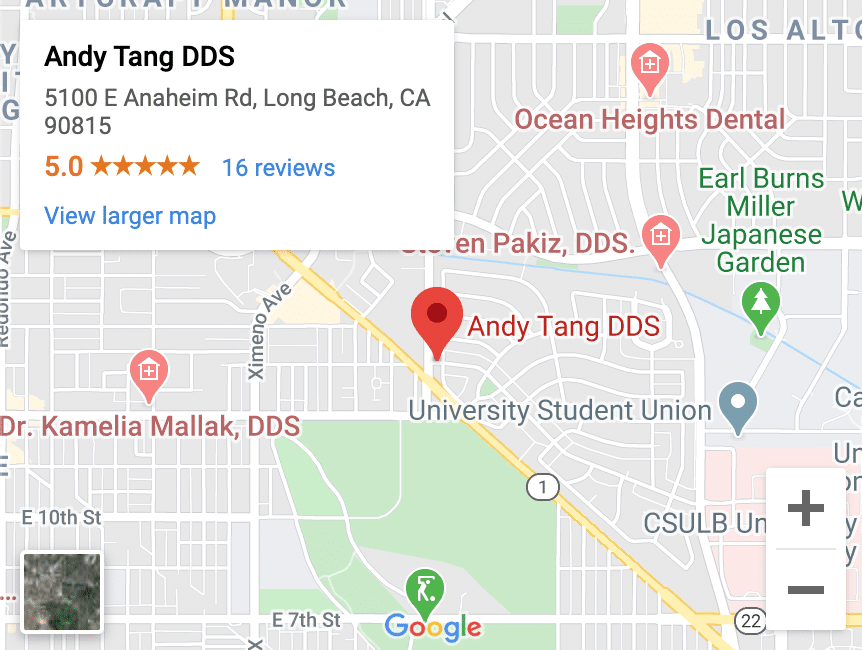How do You Know When to Remove Your Wisdom teeth?
When the time comes for the wisdom teeth to erupt, there is very little room left in the mouth. This lack of room often results in wisdom tooth impaction (i.e., unable to fully erupt) within the gingival tissue or the bone, inhibiting the ability of the teeth to erupt into their normal positions.
Wisdom Tooth Impaction Can Lead to Infection
This inability to erupt frequently allows bacteria to become trapped, which can lead to the development of an infection in the bone and gingival tissue. Furthermore, when the wisdom teeth become impacted the adjacent molars can sustain damage. In addition, bone loss results.
How Do You Know When It is Time to Remove Your Wisdom Teeth?
Pain
As the wisdom teeth emerge, irritation and minor pain are expected, however, if the pain or discomfort is difficult to ignore and continues even after taking over-the-counter pain medication, schedule a dental appointment for an exam.
During the wisdom tooth evaluation, Dr. Andy Tang examines the patient’s teeth and then takes X-rays. With this information, he can determine if the wisdom teeth are causing the pain or if he needs to address another issue.
Pericoronitis: Swelling in the Gingival Tissue Around the Wisdom Teeth
When the gingival tissue surrounding the wisdom teeth becomes red, inflamed, and sore to the touch, an infection is likely. If these symptoms are present, make an appointment for a dental exam right away. The sooner the infection is addressed, the better.
DentigerousCyst Development
If the initial symptoms that indicate it is time for the wisdom teeth to be removed are ignored, dentigerous cysts may develop.
Dentigerous cysts are round, smooth sacks filled with clear fluid. Allowing these cysts to progress can lead to destruction of the roots, the bone and the surrounding teeth. In addition, if treatment is not sought, these dentigerous cysts can develop into tumors. These tumors may require surgical intervention.
A Foul Taste in the Mouth and Halitosis
The gingival tissue that surrounds the impacted wisdom teeth can be challenging to clean. The inability to clean the gum tissue in these areas results in trapped food and plaque buildup, frequently causing an infection to develop.
Dental plaque is full of bacteria. As the bacteria eat, they release the sulfur compounds that are responsible for creating halitosis (i.e., horrible breath). In addition, these bacteria can cause an individual to have an unpleasant taste in the mouth, continuously.
Sinus Issues
Sinus problems can be linked to the wisdom teeth in the upper jaw because, during their development, the roots of these teeth may distort the sinus floor. Once the sinus floor is deformed, the individual may experience sinus pressure, pain, congestion, and headaches.
If you or your child’s wisdom teeth are emerging, and you have concerns about whether they have a clear path for growth, contact Dr. Andy Tang’s office today by clicking here or by calling 562-498-2354.






Leave a Reply
Want to join the discussion?Feel free to contribute!